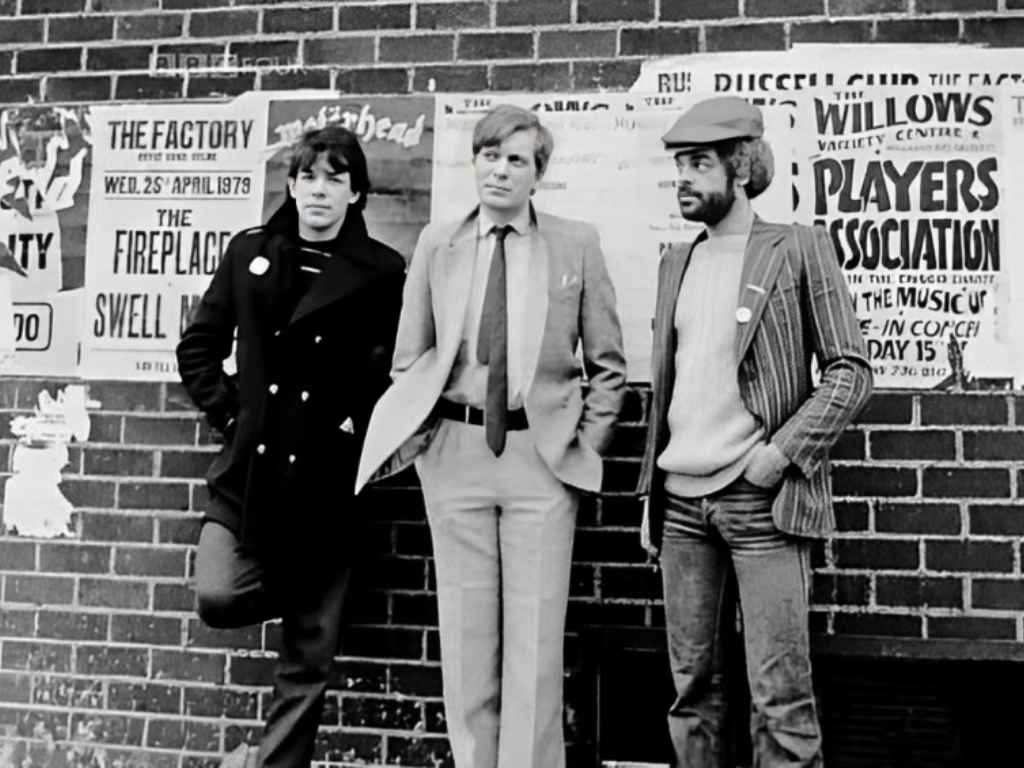
A Look At The Factory Records Catalogue
The story behind the Manchester label’s legendary numbering system.
During the 1980s the Manchester-based label Factory Records made its name as one of the largest major contenders to Rough Trade. The story of Factory as a whole is one of brilliant creative minds, turbulent finances, and unusual enterprise. This is easily seen in their iconic cataloguing system, which showcased the company’s values whilst always keeping consistent with their wild-child energy.
At the time, most of the distribution to independent record stores was controlled by Rough Trade. Factory showed up as a major contender not in spite but because of label boss Tony Wilson’s risk-taking. Its iconic cataloguing system was at first a response to the industry, where all records had to be given a catalogue number. Factory stamped their branding on this with their now legendary FAC numbers and in doing this, they displayed a way of thinking which brought music and art together. In fact, Factory Records was one of the first companies to really give attention to the art, branding, and music memorabilia that has such a resonance with fans.
One example of this creativity is Manchester’s legendary Haçienda Club opened by Wilson and financed by New Order which was also given its own legendary number FAC51. The club showed the Factory policy of taking things within the industry which weren’t serving the local scene, and repurposing them. Yet giving it its own FAC number was part of the label’s ethos – a brilliant fan response to local scenes which turned its proprietors into businesspeople.
The inclusion of art and promotional materials made the catalogue of FAC numbers into a sort of Dadaist collage of musical history – just one reason as to why it has remained so distinctive to this day. When faced with numbering records, the proprietors decided that FAC1 should be the poster promoting the label itself. The rest is history. FAC26 was a poster promoting a Paris gig by the band Durrutti C, while FAC20 was an unreleased film featuring ACR. As a result this nonlinear, inclusive display drew Factory’s fans not just to their favourite bands but also to the additional media surrounding them. This approach supported fan tendencies to collect both memorabilia in the form of records, flyers, and posters, as well as obscure information about their favourite bands and labels. As a result, FAC numbers created distinctiveness which allowed the label to stick in peoples’ minds. In addition, they provided a sense of counterculture and prestige which gave Factory credibility both as a trendsetter as well as a label which genuinely cared about local culture.
The meanings behind the numbers were esoteric and enigmatic, which also appealed to fans’ penchant to collect things. For example, FAC24 included four bands and two sides and was chosen not as part of a linear release order but for this symbolic meaning. This was the spirit and ethos behind Factory. The label had a reputation for attracting turbulent artists and loyally defending the local Manchester scene in the face of industry domination. One of the most notable minds was Ian Curtis, whose suicide left the label in deep water as this dealt a heavy blow to a band which was one of Factory’s most lucrative collaborators. However, most Factory staff were eccentrics to an extent and this showed throughout the whole of its story.
The end of the label also reflected the feeling behind the iconic catalogue system. Eventually, it got to the point where Factory filed for bankruptcy in 1992. This resulted from the label’s lack of organisation, as even in the early days Wilson and Co. avoided keeping books. However, the energy they refused to invest into this they instead put into the cataloguing system, which to this day lives on.
Ultimately, each FAC number was a guarantee, a stamp of quality which showed that the art, music, gigs and so on affiliated with the cataloguing numbers were in line with the values of those who flocked to this label. FAC was not just a quirky designator and way of organising records but a promise of genuine meaning. If churning out records was ultimately the opposite of what the label stood for, the irony of its name plus this distinctive system has stuck in the consciousness of its fans to this day.









